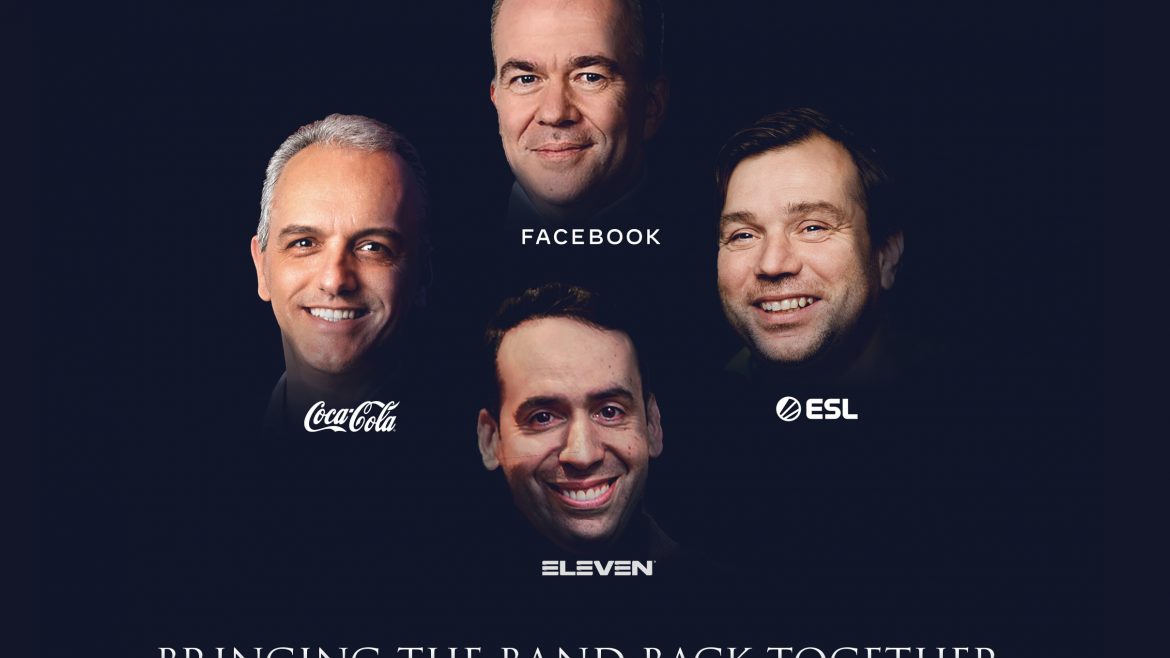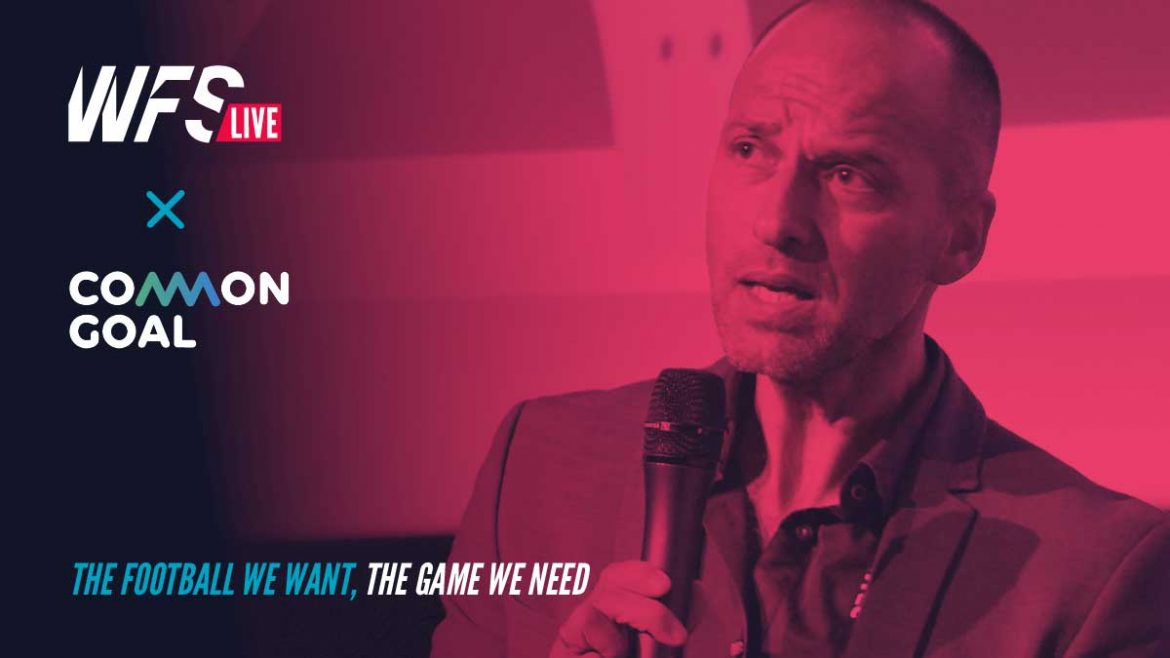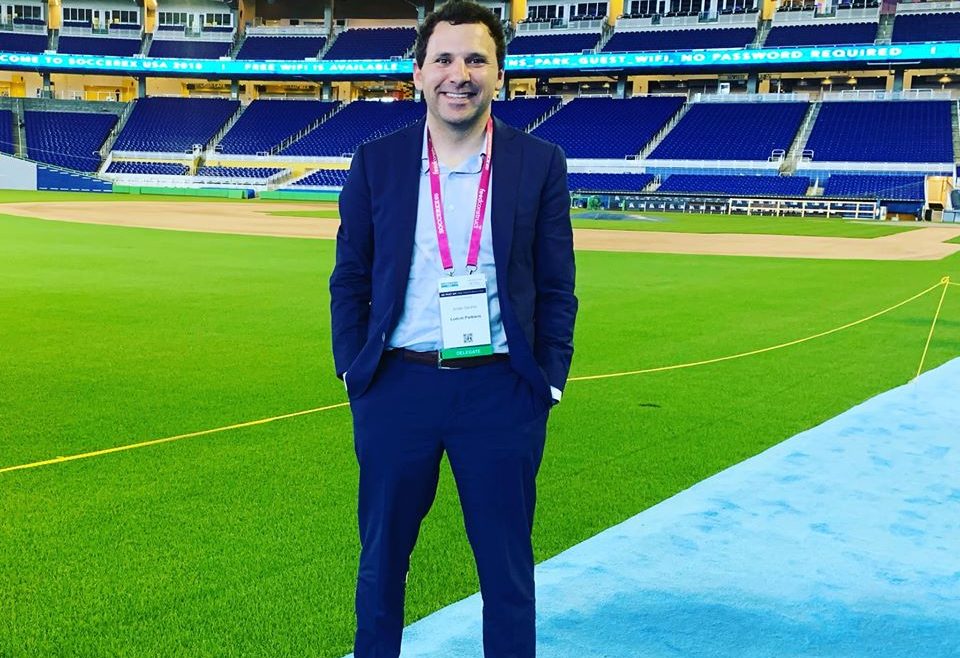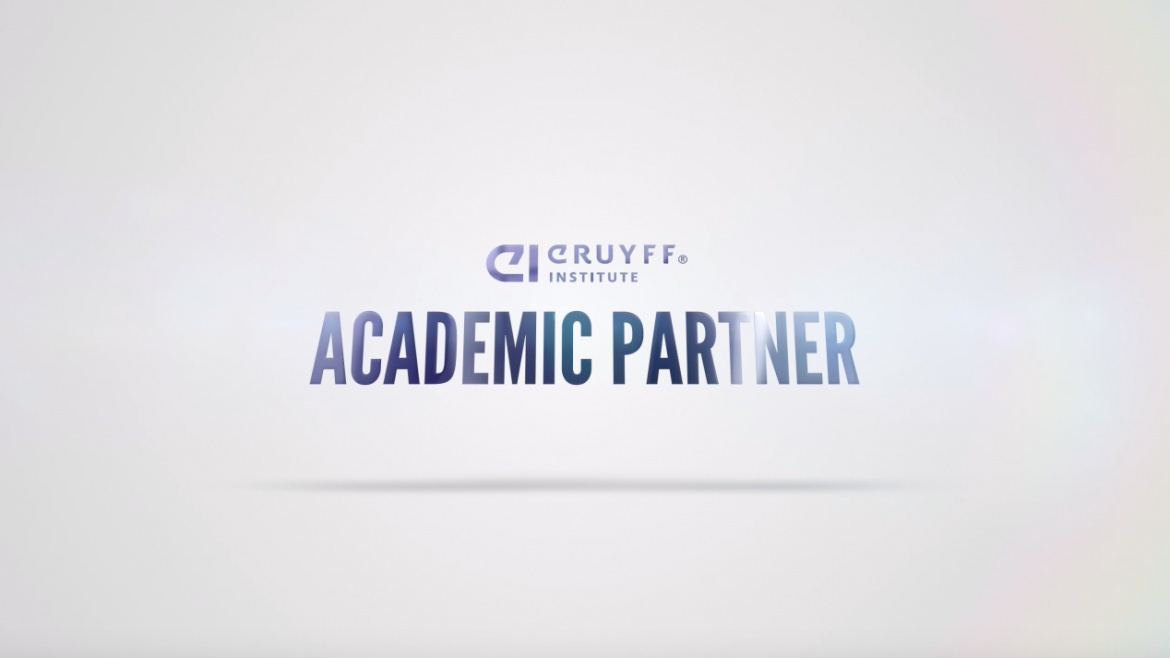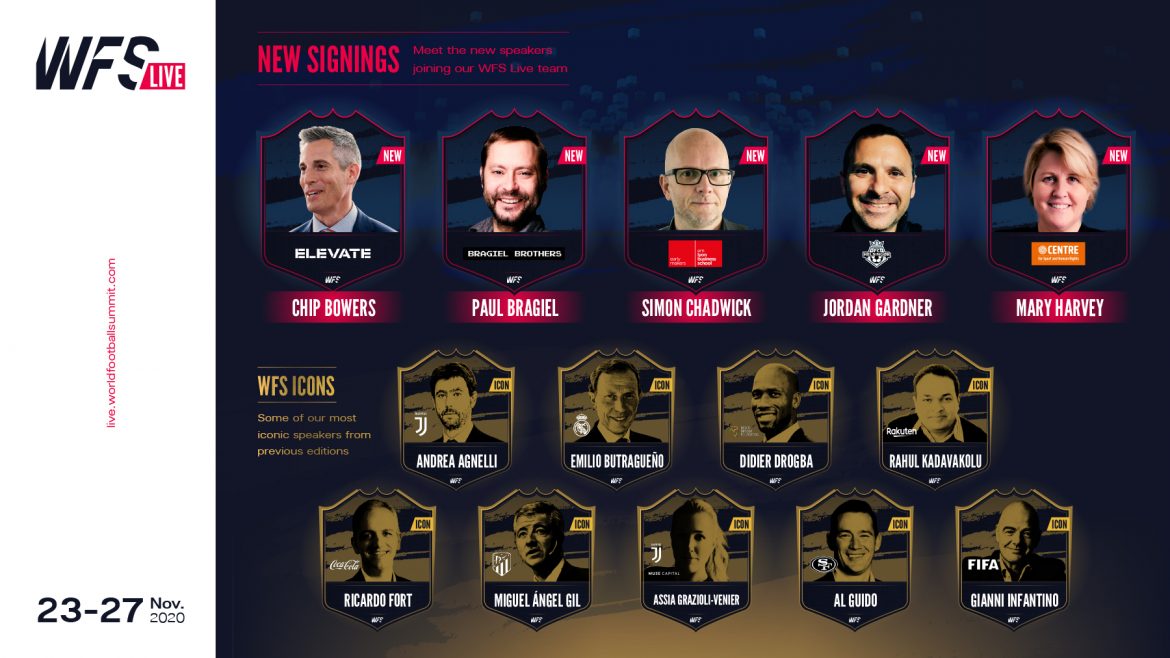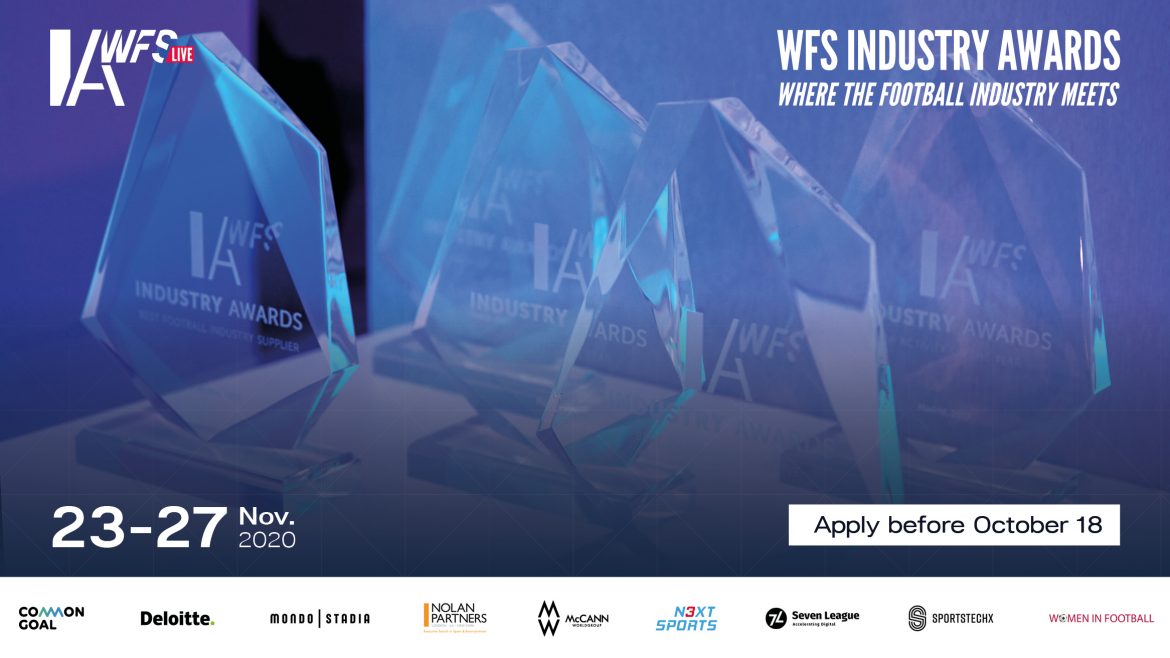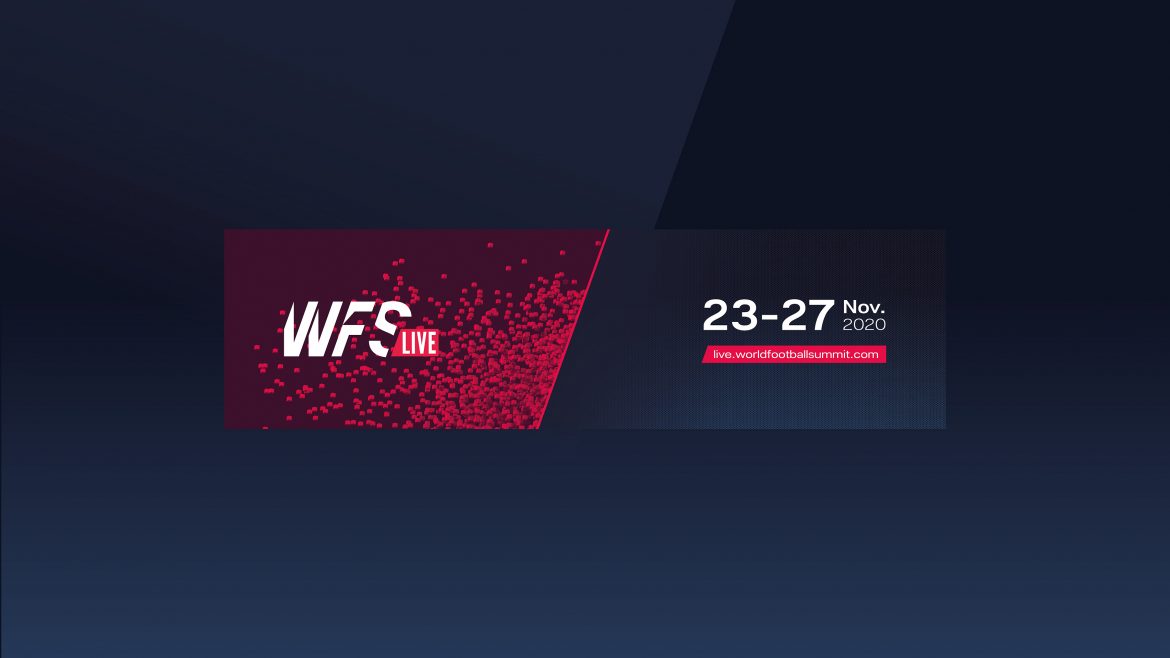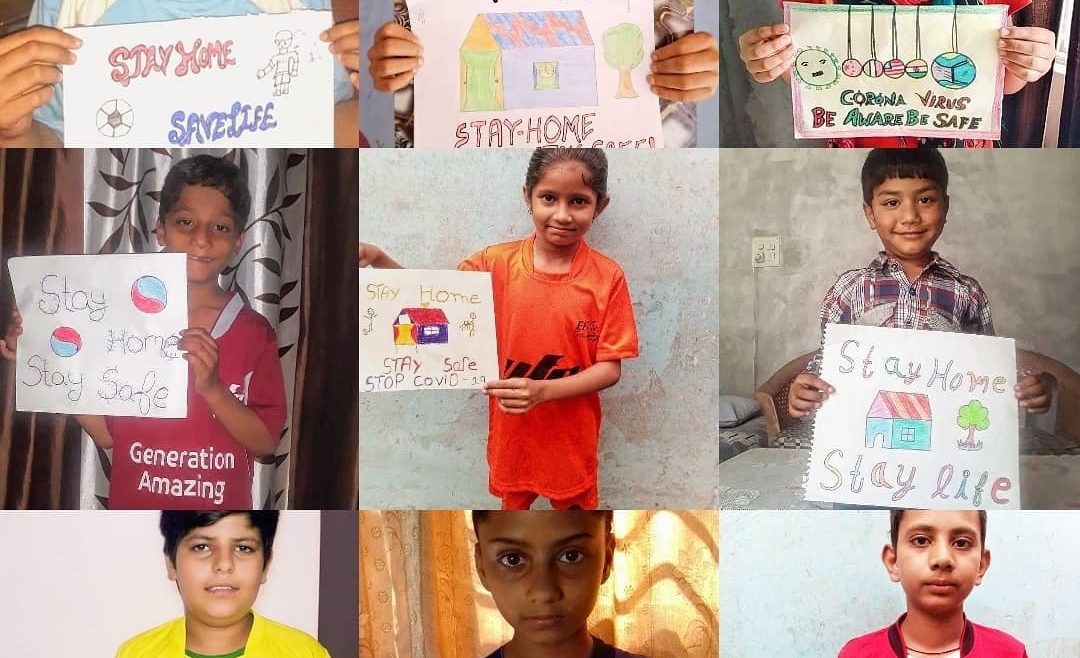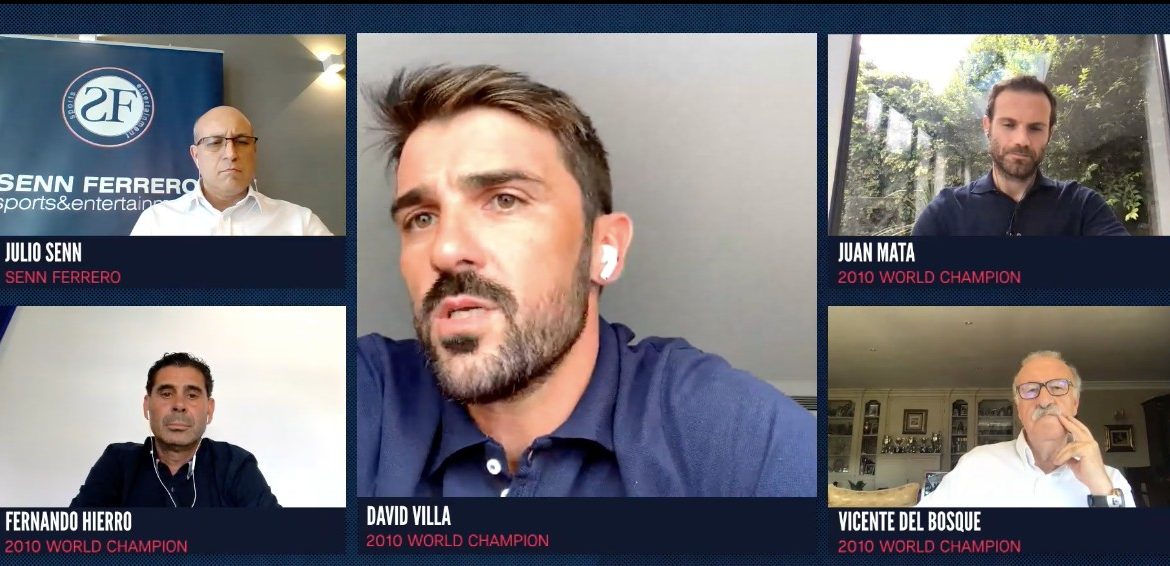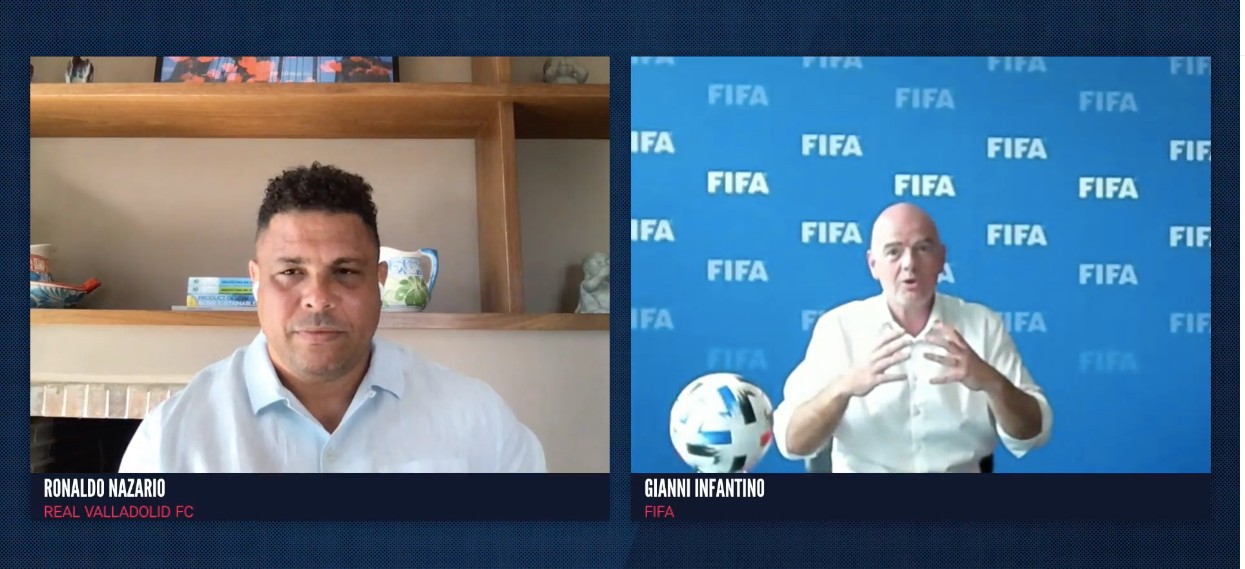The second edition of WFS Live will see the return of one of our most popular panels as we get the band back together once more to bring some of the football industry’s finest to the stage: Ricardo Fort (Coca-Cola), Peter Hutton (Facebook), Ralf Reichert (ESL) and Luis Vicente (Eleven Sports).
The quartet will look at sport post-covid in a panel titled: Venturing into 2021 with confidence in what is sure to be a good humoured, insightful and unpredictable part of our WFS Live programme, although one thing is for certain; Fort will produce a bottle of Coca-Cola.
This will be the third time that these industry experts have come together in a virtual WFS space, with their debut appearance coming at our Talking Sport series in partnership with Eleven Sports back in May when the football industry was first coming to terms with coronavirus.
There, Vicente’s words proved prophetic when you see the English Premier League’s introduction of a pay-per-view broadcasting model.
He said: “I think the gaming industry models will be a massive influence for the traditional sports industry, because I really believe that micro-subscriptions will be key. Digital micro-transactions in pay-per-view will be essential and advertising will become more robust.”
Reichert also spoke on how gaming and eSports were big winners during that period as traditional sports leveraged the space with no live sport of their own to engage with.
“To grow 20% in this time in games is really shitty,” commented Reichert. “Most of these companies have grown 100-300%. Amateur tournaments have grown 5x compared to one year ago, while the viewership for eSports tournaments has grown 3x. Gaming is the big beneficiary of this.”
Both were back when WFS Live launched in July, as was Hutton whose insight into the world’s biggest social media platform was fascinating as he told us how Facebook is looking to make content more discoverable.
Hutton said: “I think it’s important that we make it easier and easier for people to find relevant content and you’ll see a huge area of curation coming into Facebook now, as well as a clear focus on how you get to the content you care about.”
Completing the lineup is Fort, who this year was named as one of our WFS Icon Speakers thanks to his mixture of good humour, ambush marketing and vast knowledge of sponsorship that he brings to the WFS stage. As evidenced by Fort’s assessment of the changing relationship between sponsors and content as a result of this global pandemic.
“The experience of watching football with empty venues is not the best but that content can be very helpful for brands to tell stories elsewhere” said Fort. “We have to use it in different, more creative ways, through digital platforms,.”
This group are must-watch, compulsive viewing so make sure you don’t miss out on their trilogy panel when we bring the band back together at day two of #WFSLive on Tuesday, 24 November.
